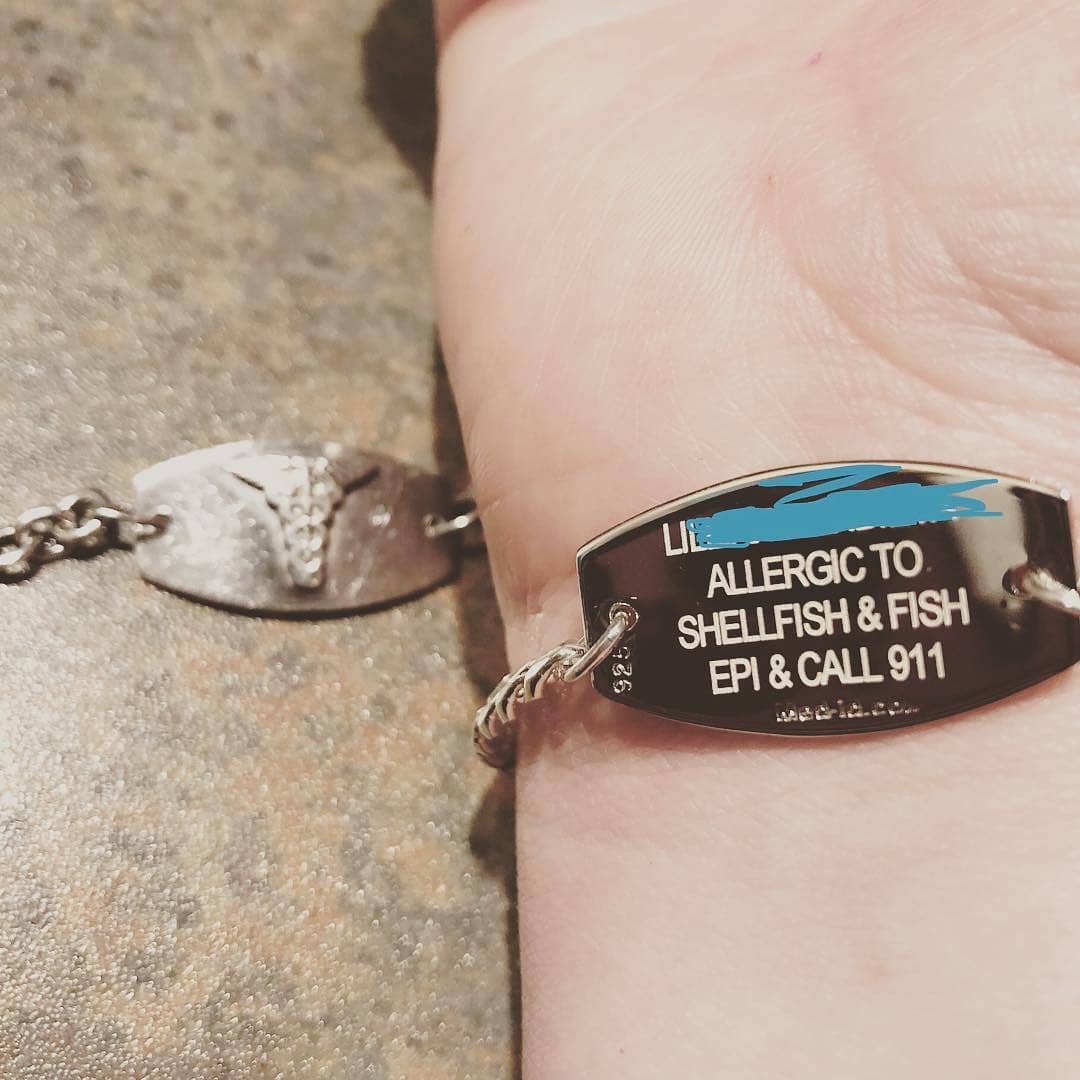Nut allergies are one of the most common types of food allergies out there. While there are nearly two dozen different nuts you can be allergic to, they are usually classified between two types of nut allergies: peanut and tree nut.
In this article, we’ll cover these different types, their symptoms, how to treat an allergic reaction, and more.
What causes nut allergies?
Similar to other allergic reactions, nut allergy symptoms are the result of someone’s immune system reacting to the nuts’ protein content as if it’s a harmful substance. It is not known why exactly some people’s bodies respond to nuts in this way. However, food allergies often run in families, so genetics are believed to be a contributing factor.
Those who have other allergies also tend to experience nut allergies.
What are the different types of tree nuts?
The term “tree nuts” refers to 18 different types of nuts, including:
- Almonds
- Brazil nuts
- Cashews
- Chestnuts
- Filberts
- Hazelnuts
- Hickory nuts
- Macadamia nuts
- Pecans
- Pistachios
- Walnuts
While all foods containing tree nuts are required to have allergy information on the package label, the most commonly reported tree nut allergies are for walnuts, almonds, hazelnuts, pecans, cashews, and pistachios.
What nuts are not tree nuts?
Of course, tree nuts aren’t the only nuts that can potentially cause allergies. Many people mistakenly associate peanuts with tree nuts, but peanuts are actually grown underground and are considered to be a legume.
Common nut intolerance symptoms
While there are different types of nuts, nut allergy symptoms are actually quite similar across the board. These commonly include:
- Abdominal pain and cramping
- Nausea
- Vomiting
- Diarrhea
- Difficulty swallowing
- Itching of the mouth, throat, eyes, skin or other parts of the body
- Nasal congestion or runny nose
- Shortness of breath
- Anaphylaxis, a potentially life-threatening reaction that affects breathing and possibly sends the body into shock
How to avoid an allergic reaction to nuts
 The obvious way to avoid an allergic reaction is to avoid eating nuts. This is easy to do in your own home, of course, but if dining out or buying prepared and pre-packaged foods, it’s important to be cognizant of what ingredients your food contains, including nut butters and oils.
The obvious way to avoid an allergic reaction is to avoid eating nuts. This is easy to do in your own home, of course, but if dining out or buying prepared and pre-packaged foods, it’s important to be cognizant of what ingredients your food contains, including nut butters and oils.
Many baked goods and foods such as salads or chicken and fish might be prepared with nuts, so don’t be shy about asking waitstaff or store workers if something contains nuts and sharing that you have an allergy.
Be sure to also read labels carefully when grocery shopping or buying snacks.
Nut allergy treatments
You may do your best to avoid consuming nuts you’re allergic to, but if you accidentally do consume something containing nuts, it’s best to be prepared with an auto-injector containing epinephrine, which treats anaphylactic shock. Your allergist would be the one to prescribe this and teach you how and when to use it.
Your doctor may also recommend taking an antihistamine like Benadryl if your allergy symptoms are mild.
Additionally, wearing a medical allergy ID bracelet can help bystanders and emergency workers quickly become aware that you may be experiencing a reaction so that you can receive treatment accordingly.

Key takeaways about the different kinds of nut allergies
In sum, while most nut allergies cause similar symptoms, it’s important to be aware of your own individual symptoms and maintain contact with your doctor about what you’re experiencing.
By being cognizant of how different nuts affect you, you can narrow down which ones are safe to eat and which you should avoid.
Frequently Asked Questions about Nut Allergies
How many types of nut allergies are there?
There are two types of nut allergies: peanut and tree nut. Both tree nut and peanut allergies have similar symptoms and while you may not have the same reaction to all nuts, doctors typically recommend avoiding both peanuts and tree nuts if you’re allergic to one type.
Is coconut a tree nut allergen?
While coconut isn’t classified as a nut but rather a fruit, the Food and Drug Administration labels it as a tree nut. However, most people who are allergic to tree nuts can typically eat coconut without any issues. If you’ve been diagnosed with a tree nut allergy, though, you should ask your doctor before eating coconut.
Is avocado a tree nut?
Avocados are also classified as fruit and not tree nuts. They do, however, contain proteins similar to chestnuts, so you may find that you react similarly to avocado if you have a chestnut or other tree nut allergy, so it’s important to monitor your symptoms.
Are almonds tree nuts?
Yes, almonds are classified as a tree nut and are one of the most common tree nuts that people report being allergic to.
Are peanuts tree nuts?
While peanuts are actually classified as legumes and not tree nuts since they grow underground, they are one of the most common nuts containing allergens.
Resources
- Medical ID Engraving Tips for Nut Allergies
- https://www.foodallergy.org/resources/facts-and-statistics
- https://www.aaaai.org/tools-for-the-public/conditions-library/allergies/everything-you-need-to-know-about-tree-nut-allergy
- https://olamnuts.com/types-of-nuts-blog/post/types-of-tree-nuts
- https://www.chla.org/sites/default/files/atoms/files/CHLA-Tree-Nut-Free-Diet-2016.pdf







